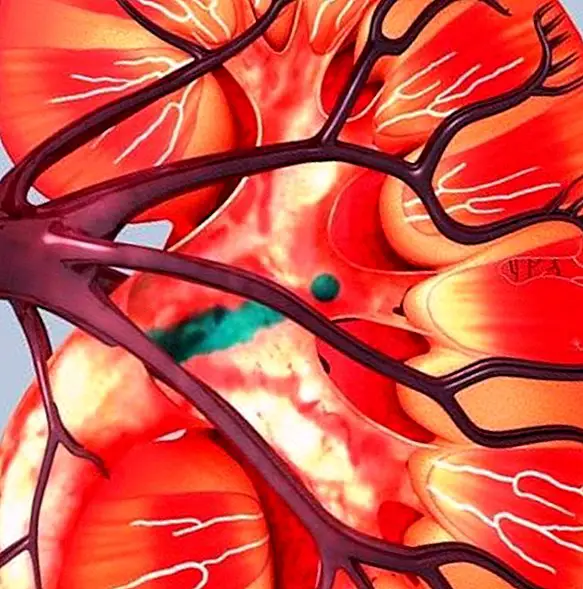What are the symptoms of hypochondria and why does it appear?
The hypochondria It is a disease that increasingly affects more people. The continuous frantic pace we carry and stress can develop this disease that is based on thinking that one is sick, even if it is not so.
In fact, a term has now emerged, digital hypochondria, which causes many people to look for diseases, symptoms and causes on the Internet, developing this problem much more. Cyberchondria causes people affected by this disease to self-diagnose and establish their own diagnosis based on Internet searches. 
Why do symptoms arise?
Symptoms related to hypochondria generate stress and misinterpretations on the part of those who suffer from this problem, coming to think that they are due to real illnesses. Symptoms arise, mainly, because the sick are all day self-evaluating, and this generates stress and that is why various symptoms arise, both physical and psychological. The bodily sensations are seen and perceived by the hypochondriacs as a whole central axis and amplify them in an exaggerated way.
This makes them enter a vicious circle that has no end, because they feed this compulsive behavior looking for reasons and symptoms devised. This increases anxiety, fear and even depression.
The first symptoms of hypochondria
The primary symptoms of hypochondria are related to negativity, fear, anxiety and exaggerated worry. This happens when the person is whipped with their thoughts, and these seem to come alive, believing that they are true. 
Insecurity and negative thoughts are, at the same time, a constant of hypochondriac people, and therefore symptoms that they experience from the beginning. In addition, they are usually accompanied by constant obsession, in this case, for fear of suffering an illness, fear of death and that of their loved ones.
The symptoms themselves feed back and end up intensifying greatly. Other symptoms that usually appear at the beginning are the manias, because certain hypochondriacs worry too much about what they eat, their origin, what they drink ... a large part of the symptoms of the hypochondriac is suggestive, and then phobias appear on various topics, fact that isolates the patient and causes really serious problems.
Other symptoms cause such people to be constantly checking their body and their vital signs, such as the pulse and heartbeat. Hypochondriac people go to the doctor too much because they think they are sick. And they check that there are no lumps, suspicious freckles, sores, and other signs that can cause a disease.
Various symptoms
Like other mental illnesses, hypochondria develops symptoms similar to anxiety. A large part are related to headaches and neck pain, due to the pressure to which patients are continually subjected to negative thoughts that may be present throughout the day. 
Digestive physical symptoms are also common: stomach pains, diarrhea, ulcers ... all because of anxiety and excessive worry about suffering from disease.
When hypochondriacs have been in contact with various diseases, they have read a lot about it, or they have lived close to the illness of a loved one, they somatize them and think about having it. In fact, they can develop symptoms similar to the diseases they suffer and believe they feel or perceive these symptoms. Dizziness and sweating are also remarkable in the process of hypochondria, like palpitations, muscle cramps or neck, feet and hands.
In addition they usually have alterations of the state of mind. From becoming depressed to having anxiety and fear, euphoria and return to previous disorders. That is why mental imbalance is one of the causes that cause the problem, which must be treated. This article is published for informational purposes only. It can not and should not replace the consultation with a Psychologist. We advise you to consult your trusted Psychologist.


